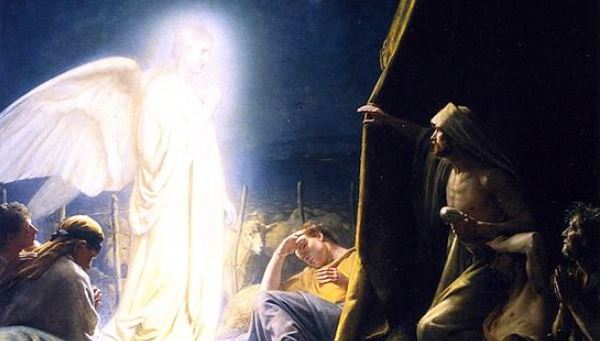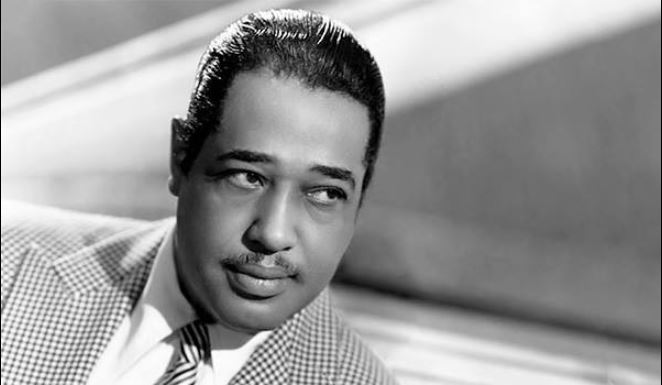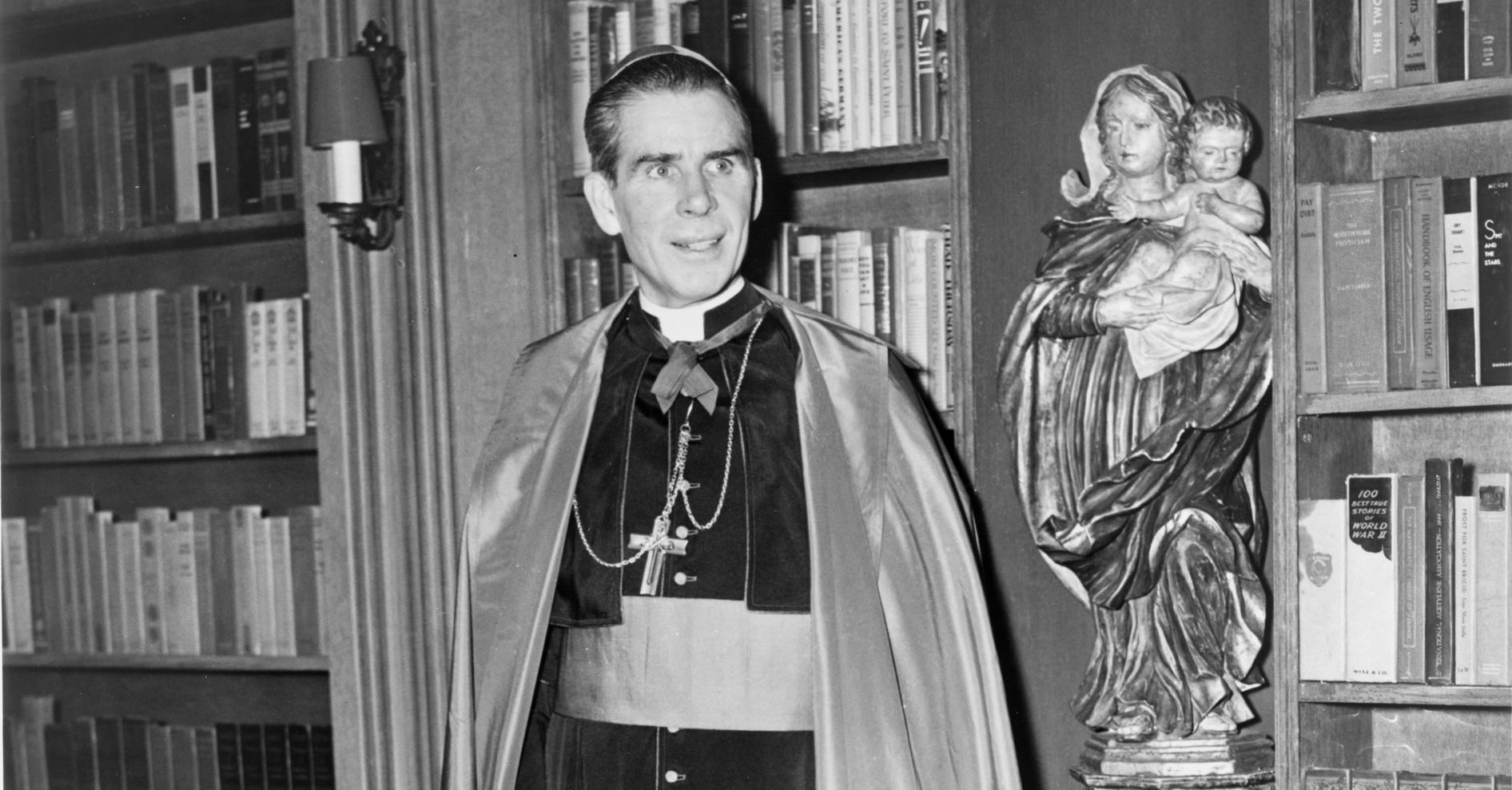Angels
On Christmas night, the fury of hell saw the glory of heaven, and the earth shook
I wrote this short story for Christmas in 2013. Hope you will share with your family. Audible link below My little cousin and I watch as my uncle washes away the blood and examines the wound. He is making that odd breathless noise — halfway between a gasp of surprise Read more…



